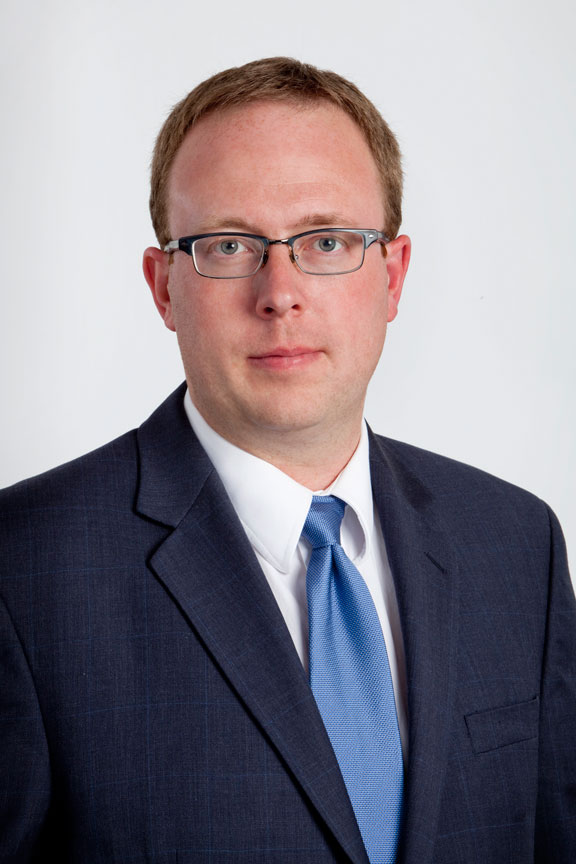New CRC calls for responsible, respectful resource development
From the Idle No More movement to anti-fracking protests in New Brunswick to the fledgling Saskatchewan oilsands industry, Aboriginal peoples are making their voices heard both on the streets and in the courtrooms and according to law professor and the U of S’s newest Canada Research Chair Dwight Newman, it is time for non-Aboriginal society to listen.
By Michael Robin "Many Indigenous rights protect things we should all care about," he said, "things like people being able to maintain their communities and rebuild community and family structures, or being able to live securely knowing they can benefit from responsible resource development. Things like people being able to reconnect with lands sacred to them, or communities being able to develop in ways that further opportunities for everyone."
"Many Indigenous rights protect things we should all care about," he said, "things like people being able to maintain their communities and rebuild community and family structures, or being able to live securely knowing they can benefit from responsible resource development. Things like people being able to reconnect with lands sacred to them, or communities being able to develop in ways that further opportunities for everyone."Newman studies Indigenous rights within the context of Canadian and international law, providing insights to guide Aboriginal and non-Aboriginal peoples to mutual agreement. His 2009 book, The Duty to Consult: New Relationships with Aboriginal Peoples, reviews how lower courts, businesses, governments and indigenous organizations apply the concept. To date, his research has helped bolster numerous legal arguments and has been quoted in dozens of judgments, including three Supreme Court of Canada decisions.
"We're trying to understand how courts, policy makers and all stakeholders can work together to create a framework that enables responsible resource development while respecting Indigenous rights," he said.
The matter of Indigenous rights is complex, with provincial and national jurisdictions overlapping with the interests of numerous First Nations and those of private industry. Newman explained that Indigenous communities are looking for greater respect for and protection of their cultural and spiritual traditions, or greater participation in—or protection from —resource development within their territories.
While each situation demands its own analysis, he said one principle remains the same: start early.
"It will often be helpful to everyone if governments and corporate project proponents engage early on with Aboriginal communities in a manner going above bare-minimum legal requirements so as to find win-win solutions."
Newman noted that while there has been much progress in law with regard to Indigenous rights, this progress is not always visible in people's lives. Many misunderstandings on all sides remain. Translating recognition of rights into real results continues to be a challenge.
"Universities have a big role to play here. Rigorous research, ongoing engagement with communities and a commitment to solid knowledge-sharing all have vital contributions to make, and the University of Saskatchewan's commitment to excellence in this area is something that can stand out and make a contribution to the province, to the country and to the world."

